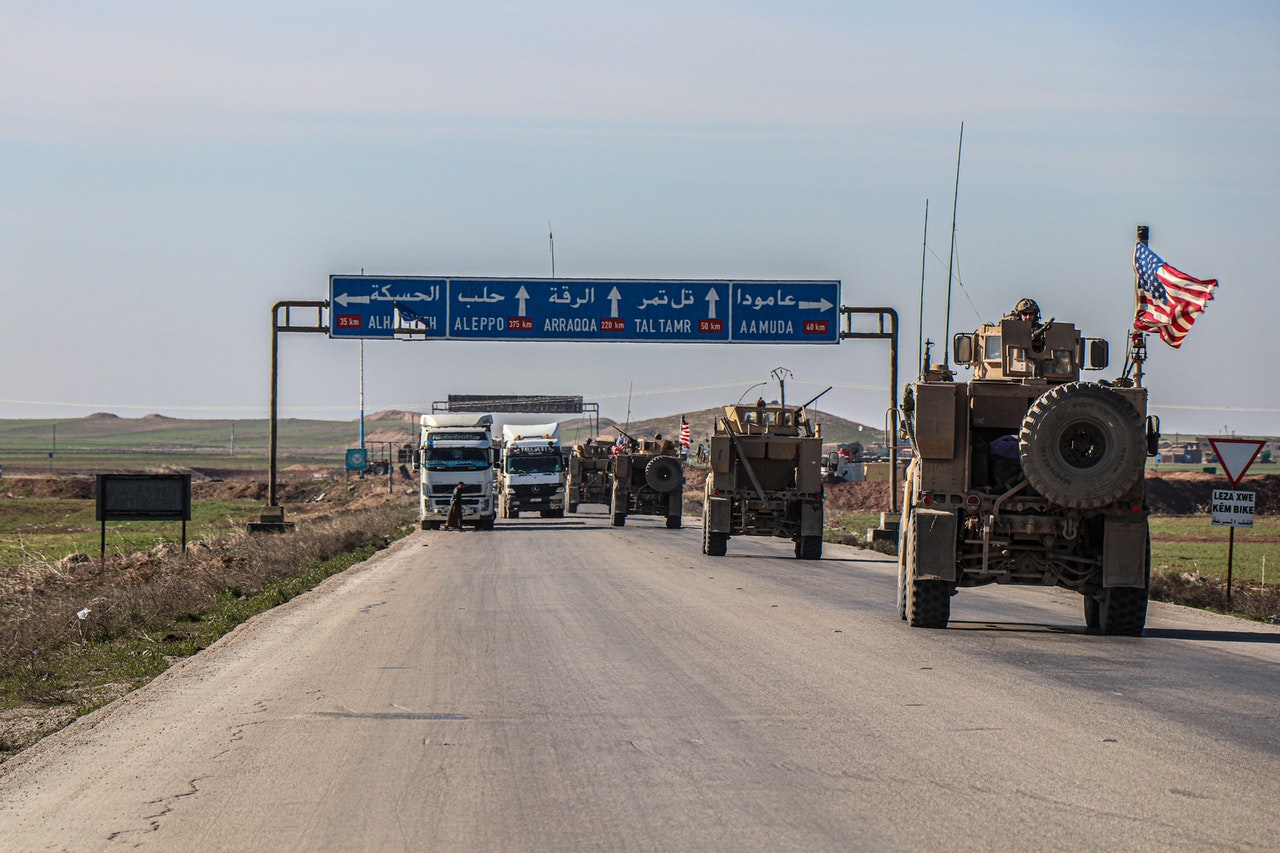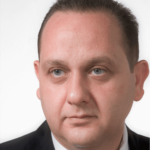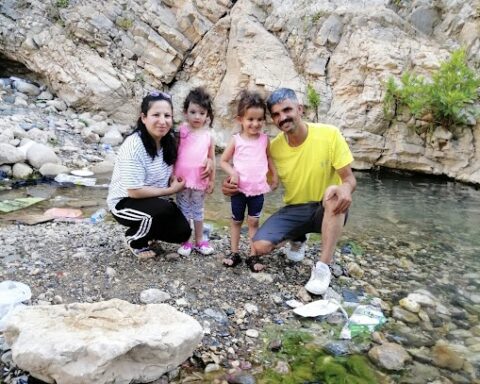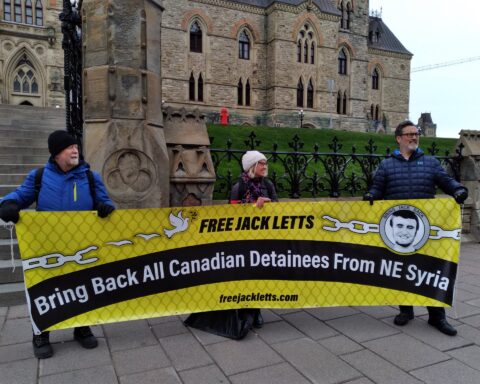There may be no light at the end of the tunnel for the estimated 5.6 million Syrian refugees around the world and another 6.2 million internally displaced people after a decade of violence and suffering that started with the brutal suppression of anti-government protests in 2011. But this is no irregularity in the history of the troubled region.
The conflict in Syria broke out on a wave of mass uprisings in several Arab countries labelled the Arab Spring and turned into one of the worst tragedies in human history.
March 15, 2021, will mark 10 years since the start of the civil war, and there is still no political or military indication on the ground as to when the bloody strife will end. As the anniversary looms, the most direct pressures on the government of Syrian president Bashar al-Assad are not the divided opposition, rebel factions, or even foreign powers, but the economic meltdown.
“Syria is a unique case”
I had thought, before the downfall of Romanian dictator Nicolae Ceauşescu in 1989, that the circumstances of Syria were not much different from other places on earth. An Irish journalist proved me a greenhorn.
I still remember that eye-opening conversation with the late Robert Fisk, who was The Independent’s multi-award-winning Middle East correspondent at the time. (He passed away in October 2020.) My perception of what Syria is, geographically, demographically and politically, was disrupted. Forever.
The discussion, a few weeks after I joined broadcast journalism in September 1995 following a decade in print media, was partly triggered by an article in an American magazine, headlined “Food for Thought in Ceauşescu’s Fall.” The author seemed to hint that an uprising similar to that of Ceauşescu’s Romania could erupt in the Arab world. Syria was the immediate example, as it shared many similarities with the Eastern Bloc in the Cold War era.
“Will the Romanian scenario ever be relevant to Syria?” I asked Robert at a newspaper office in the UAE. (Hafez al-Assad, Bashar al-Assad’s father, was still the president.) His answer was a categorical no.
Fisk, who ended up spending more than 40 years in the Arab world, covering the wars in Syria and Lebanon, five Israeli invasions, the Iran-Iraq war, the Soviet invasion of Afghanistan, the Algerian civil war, Saddam Hussein’s invasion of Kuwait, the Bosnian and Kosovo wars, the American invasion and occupation of Iraq, and the 2011 Arab uprisings, made it clear to me that “Syria is a unique case.” And the essence of that uniqueness was Syria’s being a neighbour of Israel.
“Forgotten and ignored”
The Syrian tragedy is being “forgotten and ignored,” Syria Relief, the UK’s largest Syria-focused charity, said in a recent statement. But Syria Relief is not the only organization to sound the alarm.
According to the new data by the World Food Programme (WFP), the number of Syrians who lack access to sufficient food has reached a record 12.4 million, or nearly 60 per cent of the population. This dire situation was also raised by Under-Secretary-General for Humanitarian Affairs Mark Lowcock in his Feb. 25 briefing to the UN Security Council. The most affected are the displaced from different religious groups and ethnicities. Lowcock also spoke about the terrible toll the situation is taking on children.
A fortnight earlier, the UN Security Council failed to agree on a joint declaration on Syria, despite calls by the organization’s special envoy to the country to jump-start the deadlocked peace process.
“Syria doesn’t appear at all to be on the list of priorities for Western powers—Europe and the United States,” commented Nader Makansi, an Aleppo-born education consultant, researcher and author, now based in Toronto. “Even from the perspective of the continuing suffering of Syrians, whether refugees or those living in government-controlled regions, the common man seems to be at the very bottom of the priority list.”
“Life is not normal in Syria at all these days, and you can expect the exodus of refugees to continue; a large percentage of the people inside the country will leave if they have a chance to do so, but the international community is no mood to accept more refugees from Syria,” he added.
Syrians far on Western list of priorities
Western priorities, says Makansi, don’t extend to the people of Syria at this stage.
“It’s an international battlefield. We find U.S. troops in eastern Syria, the Russians in the coastal [west – NCM] and government-controlled regions, Turkey in the north, Israel in the south and Iranian-backed militias [in certain pockets in and around large cities – NCM] and Daesh in central parts. I think it would take as many [years] as another decade or more to bring Syria back to what it was before 2011 – back to square one, that is”.
“The priority for the West now appears to be forcing Iran and its militias to leave Syria… for obvious reasons,” he said, pointing to the perceived “dangers” the Iranian presence in Syria poses to Israel.
Neither the government nor the opposition—both polarized—have been able to find a solution, which is now in the corridors of power of the Western world and Russia. Moral and cultural deterioration in an era of extreme poverty is a major concern, said Makansi, and no one expects another uprising.
And there is no transparency yet as to which strategic direction the U.S. President Joe Biden’s administration will take in Syria. It is expected that Biden’s policy approach toward the country will be shaped by political reformist voices within the Democratic Party, pushing Syrians deeper into Fisk’s eerie maxim, the “uniqueness” of Syria’s situation.
After a decade of Syria’s civil war, the wicked question is: in whose hands is the “Waiting for Godot” solution? Fisk was right; there was a Western consensus on the triumph of the Romanian revolution against Ceauşescu’s regime. On Syria, there wasn’t, and peace remains a distant dream.
Hakam Kherallah is a veteran Toronto-based Arab Canadian journalist of Syrian descent. He is a member of the NCM Collective.





